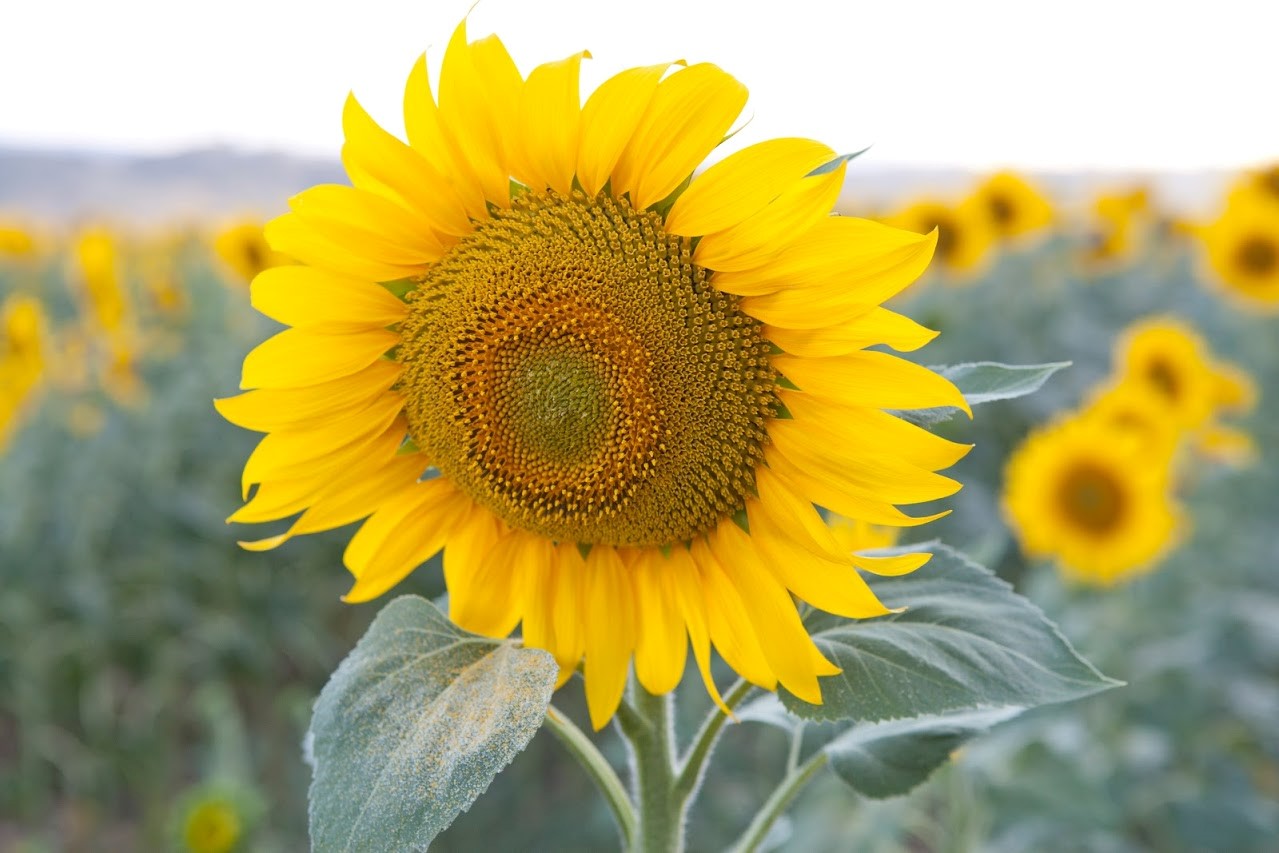Sustainable agriculture
Sustainable agriculture is an agricultural production system based on the conservation of resources, environmentally sound and economically viable.
According to the Food and Agriculture Organization of the United Nations (FAO), "smart agriculture" is defined as "agriculture that sustainably increases productivity, improves resilience (adaptation), reduces or eliminates greenhouse gases (mitigation) and ensures food security".
The growing demand for food to meet the world's nutritional needs implies an increased production of plant and animal food ingredients, but always in the context of preserving and protecting the environment. This scenario leads to the development of smart agricultural practices inspired by the sustainability of nature and complying as far as possible with the requirements of the Economics circular . In principle, this demand could be addressed by at least two main work approaches: improving plant mineral nutrient use and increasing fertilizer production with more nutritional efficiency, but also minimizing nutrient losses, which directly compromises both plant nutrient availability and environmental preservation.

With these needs in mind, BIOMA is currently developing three lines of research related to smart agriculture:
-
Role of natural organic subject in the sustainability of natural and anthropogenic ecosystems.
-
Improved fertilizer efficiency in crop production.
-
Enhancement of plant resistance mechanisms against biotic and abiotic stresses.
Part of this research is developed in cooperation with experts from other centers at research, such as the National Biotechnology Center (CSIC), or the ZAIDIN experimental station (CSIC), and has generated several patents that are helping the implementation of sustainable agricultural practices.
